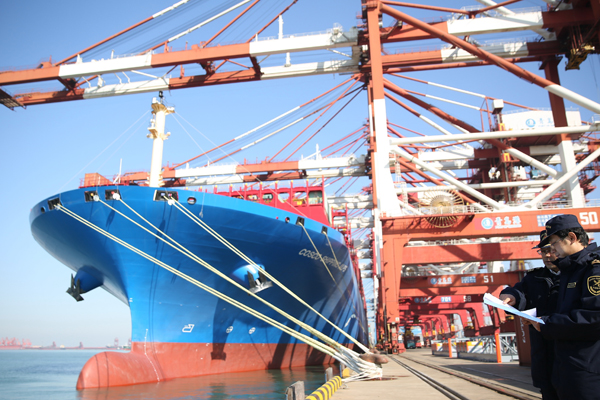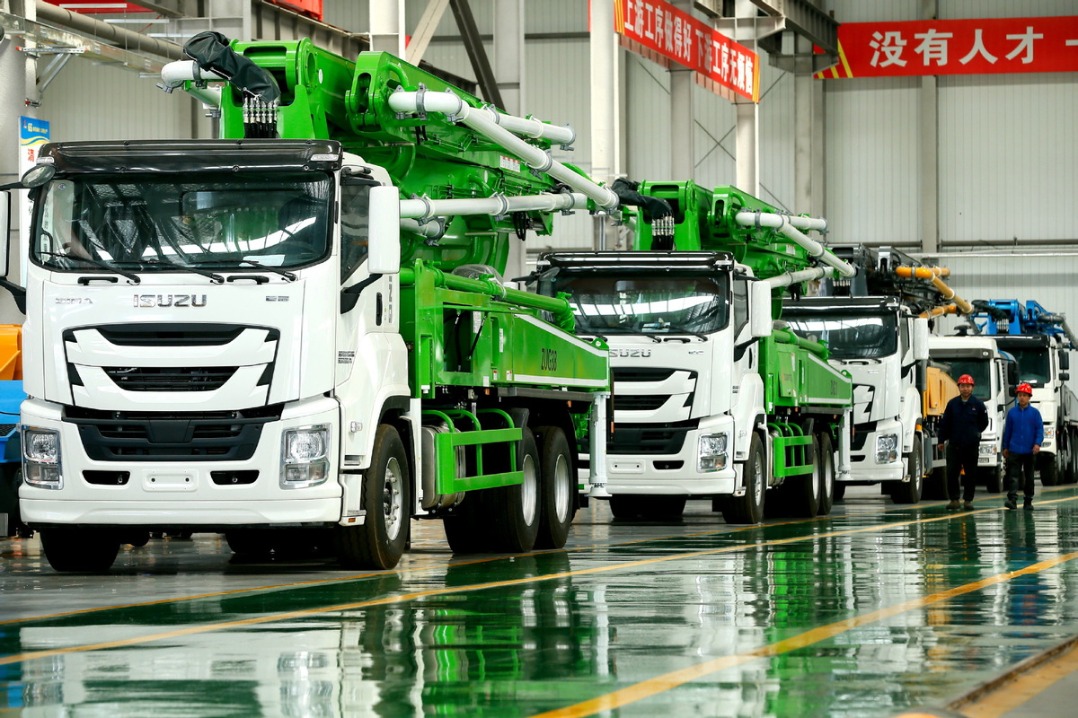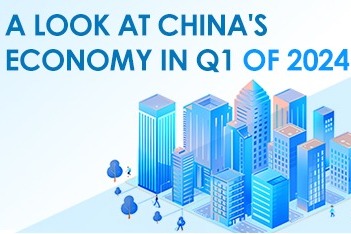Sustained reforms to drive growth


BEIJING - China's economic transition toward high-quality development requires further reform and opening-up, a senior Chinese official said on Thursday at a forum hosted by the Institute of Economics of the Chinese Academy of Social Sciences.
"Governments should substantially reduce their role in direct resources allocation, and channel more energy into macro regulation, public services, market supervision, social management and environmental protection," said Yang Weimin, deputy head of the Office of the Central Commission for Financial and Economic Affairs.
"Resources allocation should be based on market rules, prices and competition," Yang said at the forum marking the 40th anniversary of China's reform and opening-up.
As the world's second-largest economy, China is in the process of a major economic transformation, shifting its focus from speed to quality. Slower GDP growth is now considered more tolerable, while other factors are being given greater importance, including employment, the environment and industrial restructuring.
Yang said China has altered its concept of and road maps for economic development amid changing circumstances. "There have been dramatic changes in China's demand structure ... pollution has exceeded the environment's capacity to bear it," he said.
The senior economic official identified several key areas for China's high-quality development.
"China should maintain equilibrium among the indicators of growth, employment, prices and the international balance of payments. Industrial modernization should be promoted with intelligent production and core technology.
"There should be more emphasis on improving new production factors, including personnel, technology, data and the environment," Yang said.
He also stressed the equal distribution of resources across regions and the coordinated development of agriculture, industry and services.
Wang Tao, chief China economist at investment firm UBS Securities, said that household consumption, investment in manufacturing, and emerging industries would rank high on the Chinese government's list of priority areas set to gain greater policy support.
"We think that the government is closely monitoring developments on both trade frictions and underlying domestic demand, and it is poised to further fine-tune supportive measures if necessary," Wang said.
The government has already sent some signals of policy fine-tuning, including "expanding domestic demand" and "lowering corporate borrowing costs", and local governments have been asked to speed up budgetary spending and transfers, she added.
Xu Hongcai, an economist with the China Center for International Economic Exchanges, said that while China's monetary and fiscal policies will maintain steady economic growth, regulators will continue to push deleveraging, urging local governments to clean up bad debts that could threaten economic stability.




































